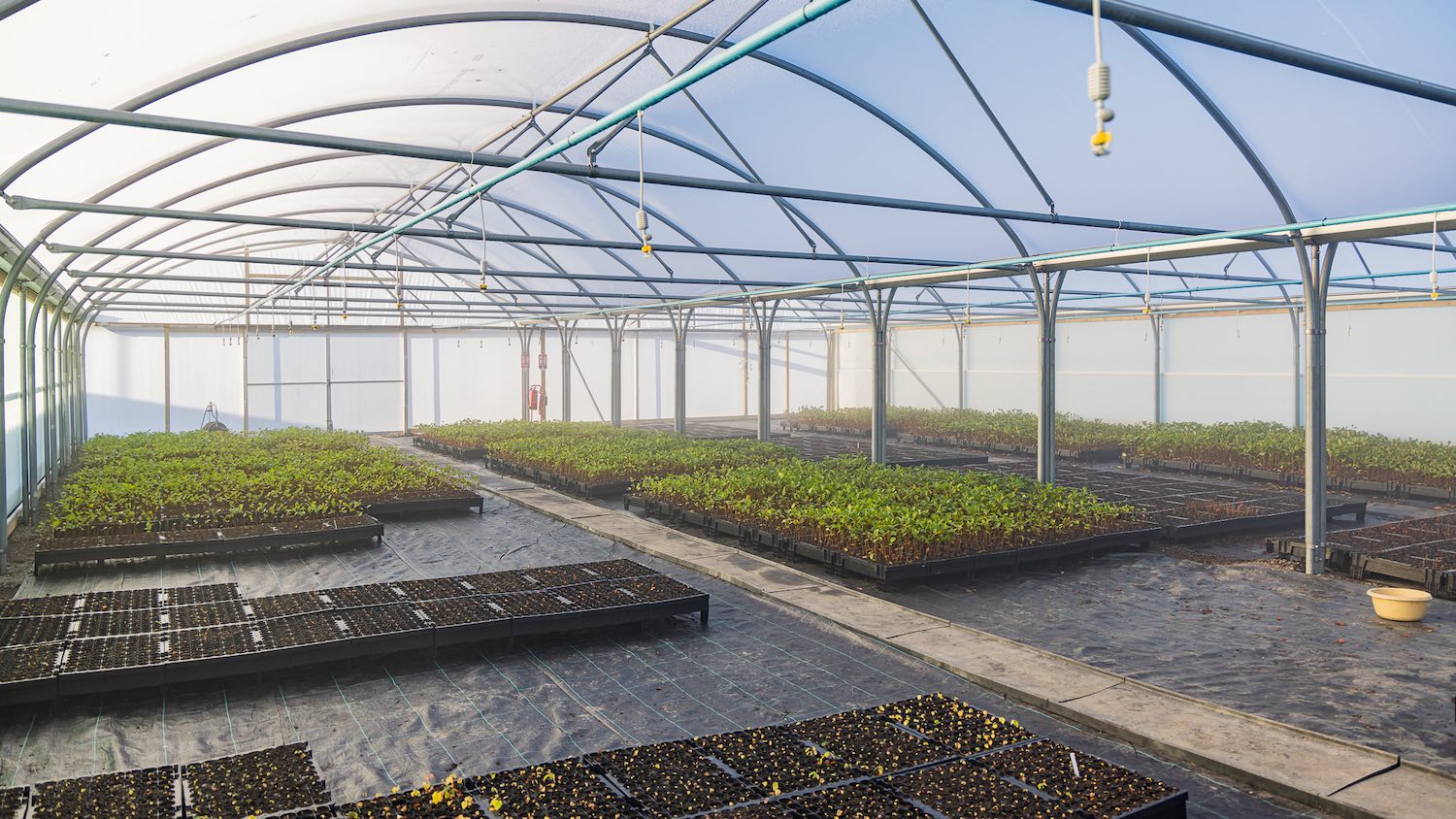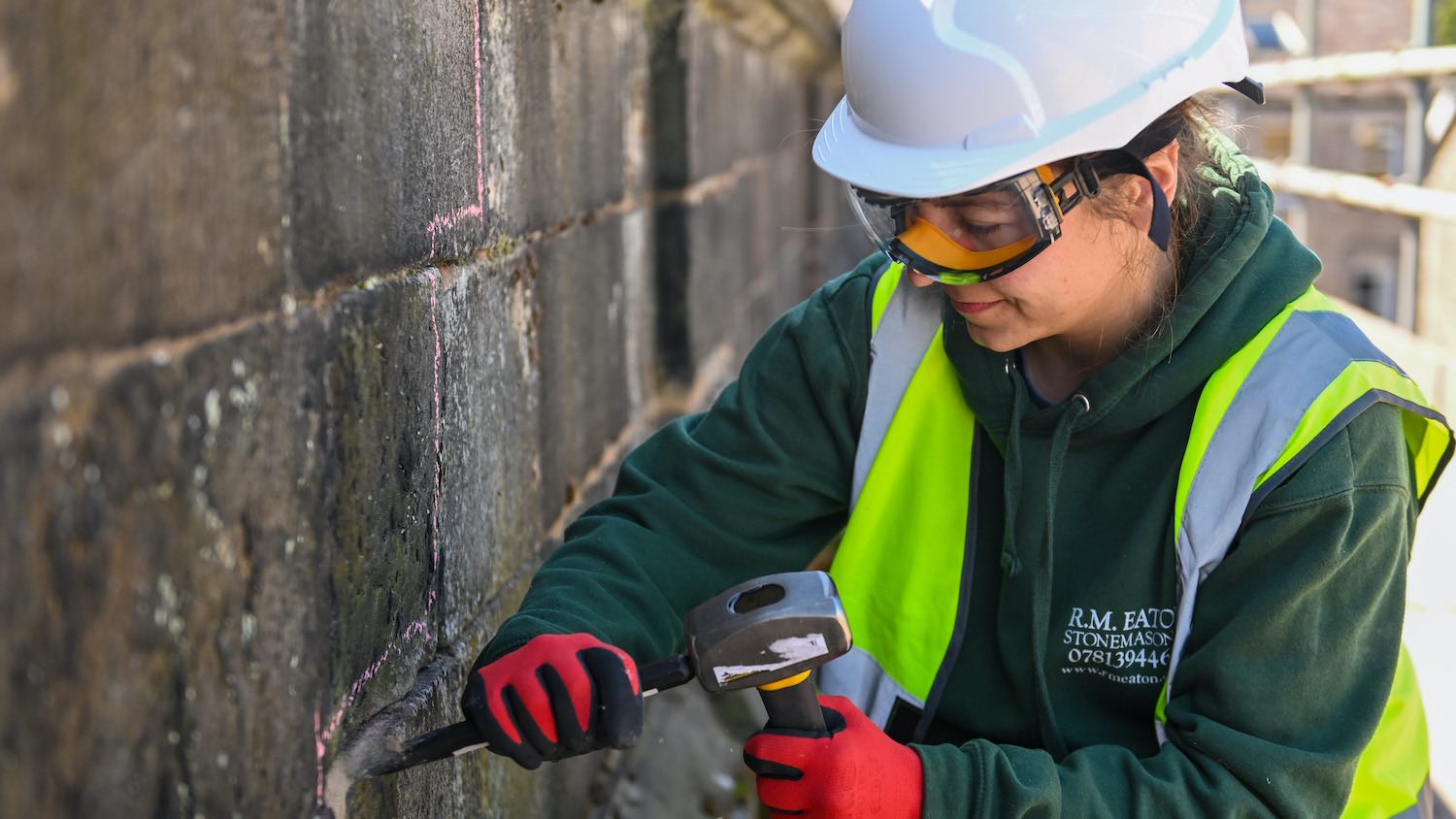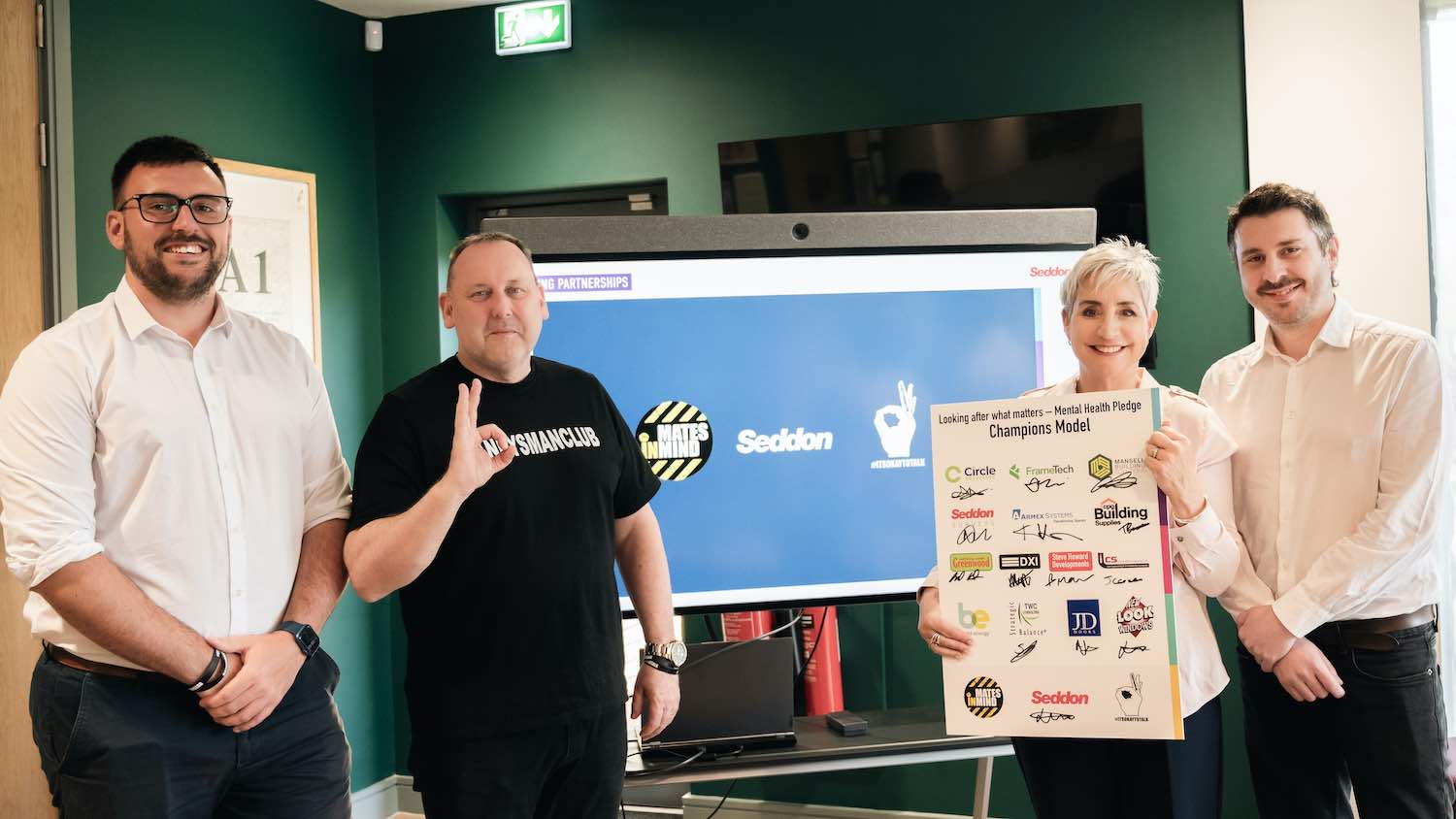
CIOB publishes diversity and inclusion guidance for SMEs
New guidance is described as an "excellent asset for employers keen to adopt inclusive practices"
The Chartered Institute of Building (CIOB) has launched its first technical information sheet on diversity and inclusion, providing practical guidance for companies in the built environment sector. The document is aimed at smaller companies with limited time and resources.
According to the Construction Industry Training Board, an estimated 251,500 additional workers will be needed by 2028 if the sector is to meet its forecasted growth. Despite this acute labour shortage, construction has not successfully tapped into the potential of bringing more talent from underrepresented groups into the industry.
Of all construction staff in the UK, only 15% are women (with up to 2% in onsite roles), 6% are from Black, Asian or other minority ethnic groups and just 6% of the workforce define as disabled.
The guidance has been written in an easily accessible format. It can be used by employers of any size and different work environments and includes recommended actions on all aspects of the employee journey: from recruitment and development to senior leadership, communications and community engagement.
The recommendations in the technical information sheet are also supported by real-life case studies from a range of companies, including CIOB corporate members.
‘An excellent asset for employers’
Mark Harrison, head of equality, diversity and inclusion transformation at CIOB, said: “We are confident that this document will be an excellent asset for employers keen to adopt inclusive practices for commercial advantage and to contribute to making the industry welcoming to all.
“Producing the technical information sheet on diversity and inclusion is part of our ongoing work to ensure that the built environment sector is as diverse, accessible and inclusive as possible.
“This work derives from the CIOB’s Royal Charter, the first objective of which is to promote the science and practice of building and construction for the public benefit, so not just for our members, and that includes the people using the buildings and infrastructure that our members create."
He added: “It is an example of CIOB demonstrating leadership on an important issue facing the sector that will help contribute to addressing the people shortage and skills gaps.”
The Technical Information Sheet on Diversity & Inclusion is free to CIOB members, with a nominal charge of £15 to non-members. It can be downloaded at www.ciobacademy.org/publications.






